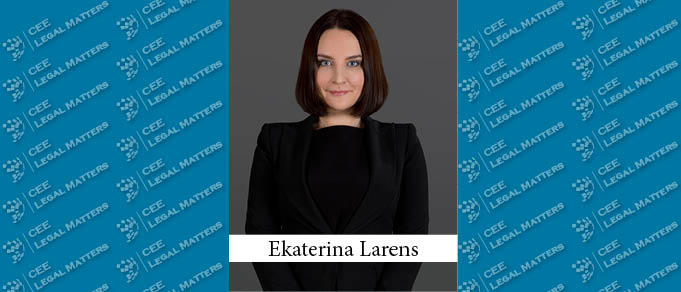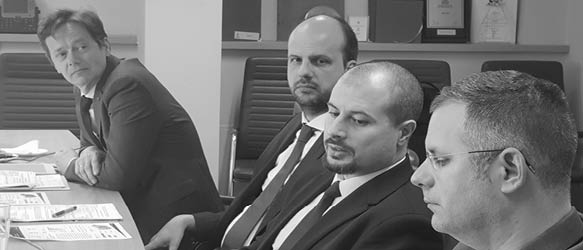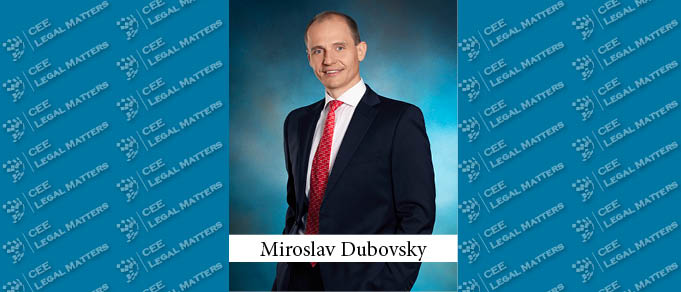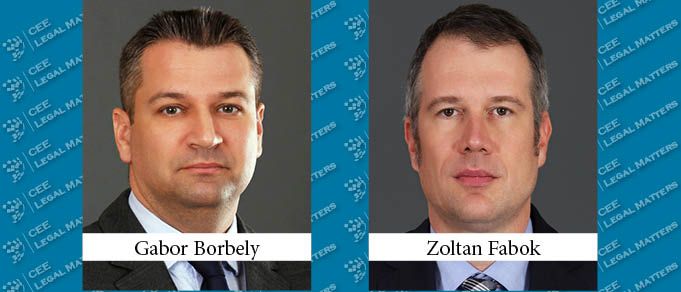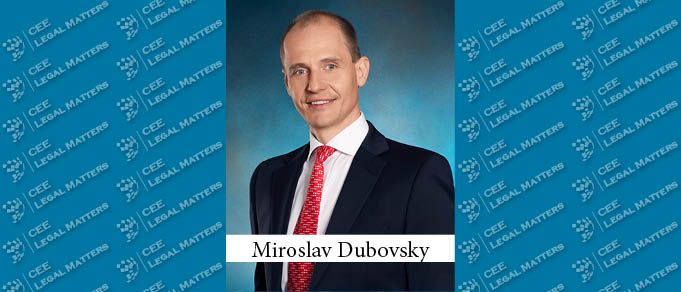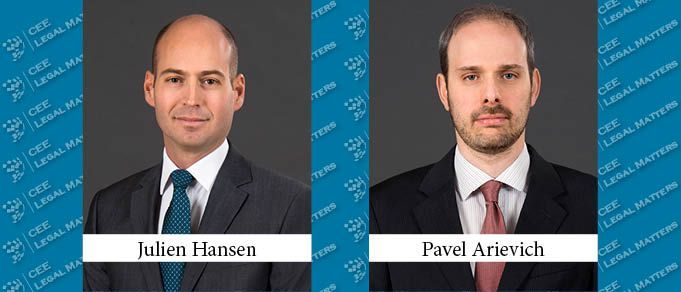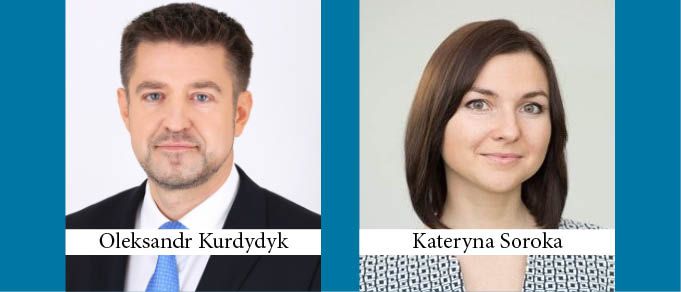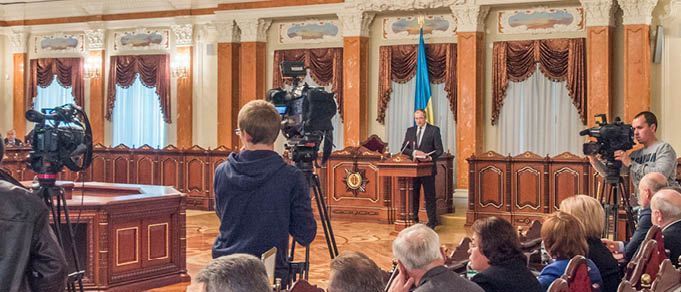Austria is one of the most desirable destinations for investors from Commonwealth of Independent States (CIS) countries. It is frequently chosen as a country for investment or as a hub for doing business in Eastern and Southern Europe. In addition to Austria’s attractive economic and political environments, investors can benefit from Austria’s legal environment, in particular (a) the general accessibility of its market; (b) Austria’s flexible corporate law, which has a lot of similarities with CIS corporate law; (c) the country’s comfortable tax regime; and (d) benefits the country extends to startups. Below we briefly consider these benefits.
Tapping Capital: Sources of and Problems with Financing in the Hungarian Market
The Hungarian financial market finished 2019 in a strong position. Intrigued by what many have described as a “special” year, CEE Legal Matters sat down with several of the nation’s leading Banking/Finance lawyers at Lakatos, Koves & Partners’ offices in Budapest to learn more.
Real Estate Boom Hindered by Infrastructure and Law
The Czech Republic has – due to its strategic location in the heart of Europe – always been an important transportation and business hub. It has one of the highest densities of railway networks in Europe, with almost 1,200 km of track for every 10,000 square kilometers in the country, and it is also an important road transportation hub.
The Corner Office: Legal Tech
In The Corner Office we ask Managing Partners across Central and Eastern Europe about their unique roles and responsibilities. The question this time around: What was the most useful or valuable piece of software or new technology your firm has acquired in the past five years?
Quo Vadis Hungarian Insolvency Laws?
The organic development of the Hungarian insolvency laws was interrupted by the era of the socialist planned economy, which ended in 1990. The novel Insolvency Act of 1991 (IA) may have satisfactorily served the economy in the first years of the transition period, but due to the profound changes in the socio-economic environment in subsequent years, the statute has become obsolete. Successive governments over the past three decades have made multiple efforts to keep the IA up-to-date and to follow the numerous demands made by the various players of the market and interested legal professionals, but the more than one hundred (!) amendments have rendered the system opaque and relatively difficult to use.
Beyond Dispute: Cautious Hope about Ukraine's Ongoing Judicial Reform
As the country entered the 21st century, Ukraine’s Soviet-era judicial system was widely condemned as corrupt, incompetent, and inefficient. Committed to rectifying the situation, in 2015 the Ukrainian government introduced plans to reform the entire system. That transformation, which was the focus of an August 2017 CEE Legal Matters Round Table, continues today. We reached out to several of the Ukrainian dispute resolution specialists we spoke to several years ago for an update.
Marketing Law Firm Marketing: Not Enough Time
This time, our law firm marketing friends across CEE considered the following question: “What one part of your job would you most appreciate having more help with – not in terms of training or capability, but simply in terms of time?”
Guest Editorial: People are the Key to Success
I am often asked by my foreign colleagues and clients about how the Czech Republic is doing, and my answer is that we are doing fine. Putting aside the political situation, which is similar to many other countries, economically we are doing very well; there was strong GDP growth of 4.6% in 2017 and almost 3% last year. Part of this growth is clearly attributable to our strong, maturing startup and investor community, which is pushing the country forward. Czechs have a talent for improvisation and finding solutions that work well, using innovation, research and development, and technology. We have invented many tools that have changed the world in fields such as nanotechnology, chemistry, and engineering. At the same time, we now have a pool of investors who are able to invest in new startup companies and back up the research and development that is done.
Enforcement of Pharmaceutical Patent Rights in Russia: New Opportunities?
The enforcement of pharmaceutical patent rights in Russia is a multi-aspect issue. One such aspect, well known to the industry and patent owners, is the attempt to prevent pharmaceuticals that may infringe on prior patent rights from being registered by the Russian healthcare authorities.
Rules on the Efficient Conduct of Proceedings in International Arbitration 2018
In this age of intricate transnational ties, the international business community is placing an ever-increasing emphasis on the swift and economic settlement of disputes. Major arbitral institutions are adopting rules on expedited proceedings, promoting mediation, and/or embracing summary disposition procedures. All these initiatives are focused on managing the process and the taking of evidence: the focal points of procedural efficiency.
A Market Coming Together: A Ukrainian Round Table
If one is an example, two is a coincidence, and three is a trend, the three major law firm mergers in Ukraine this past summer demand closer scrutiny.
On July 9, 2018, the CEE Legal Matters website reported the merger of the Avellum and A.G.A. Partners law firms in Ukraine. A month later, the website reported on a second merger, this time between Asters and EPAP, the Ukrainian office of Russia’s Egorov Puginsky Afanasiev & Partners. And in September the website reported on yet another merger, between Integrites and Pravochyn. To explore these significant changes in the market, on October 26, 2018, CEE Legal Matters sat down with a collection of prominent Ukrainian lawyers — including several from firms directly involved in the summer’s mergers — at the Kyiv office of DLA Piper.
A Bridge, Not a Wall: Interview with ECCE Founder Tomas Hulle
The Prague-based European Centre for Career Education focuses on providing students a practical and complimentary education, focusing on kinds of practical experience and inspiration they rarely receive in their university studies. After they complete the program, ECCE helps participants obtain useful internships with companies such as Siemens, Unicredit, Exxon Mobile, T-Mobile, and Lego, and with law firms including DLA Piper, Clifford Chance, Allen & Overy, and Dentons.
Serving the Start-Ups: A Czech and Slovak Round Table
Start-Ups represent a unique subset of clients for major law firms, as they are often unable to pay the fees those firms generally require, but – particularly in the tech sector – hold out the potential of significant profitability down the road. Intrigued by the unique challenges and opportunities for law firms offering their services to these cash-poor but potential-high clients, we invited partners from four prominent law firms in the Czech Republic and Slovakia to share their strategies and experiences with Start-ups with us in the offices of Kocian Solc Balastik in Prague. KSB Partner Christian Blatchford moderated the conversation.
Developments in Development: A Hungarian Round Table
The Hungarian real estate and housing market is experiencing golden days. Although the market took a serious hit during the financial crisis in 2008, today enormous sums are again being invested in office buildings, shopping malls, hotels, residential areas, and retail. In order to map the underlying reasons behind the market’s boom, and to better understand how the country is dealing with the high demand for development lands and properties, CEE Legal Matters sat down with six Hungarian lawyers specialized in Real Estate & Construction and a Legal Counsel from Prologis, a Real Estate & Supply Chain Logistics company.
Ukrainian Sea Ports Attract Investors
The Ukrainian government has declared its intention to implement the success story of European countries in the sphere of public-private partnerships. In order to implement those ambitious plans the government has established a Project Office for PPP to work closely with international investors and lobby for relevant legislative improvements.
Dentons Claims the Prize: The 2018 CEELM Budapest Law Firm Bowling Challenge
After a long year of waiting, law firms from Hungary finally had the opportunity to show off their bowling skills again last night, as the second year of the CEE Legal Matters Budapest Law Firm Bowling Challenge brought 14 four-person teams together for an intense challenge, with the proceeds donated to the winning team's charity of choice.
Ukrainian Round Table: Judicial Reform in Ukraine
On August 17, a gathering of Dispute Resolution experts from many of the leading domestic and international law firms in Ukraine gathered in Baker McKenzie’s Kyiv offices for a Round Table conversation.
The Good Fight: A Consideration of Hungarian Pro Bono Culture
Pro bono is a Latin phrase meaning “for the public good,” and, in the lawyering context, it refers to legal services provided free of charge, generally to indigent clients or charities or other public interest institutions unable to afford standard legal fees. The practice, which in its current form was developed first in Western legal markets, has seen a significant increase in recent years in CEE as well. Hungary is among the countries leading the way.

